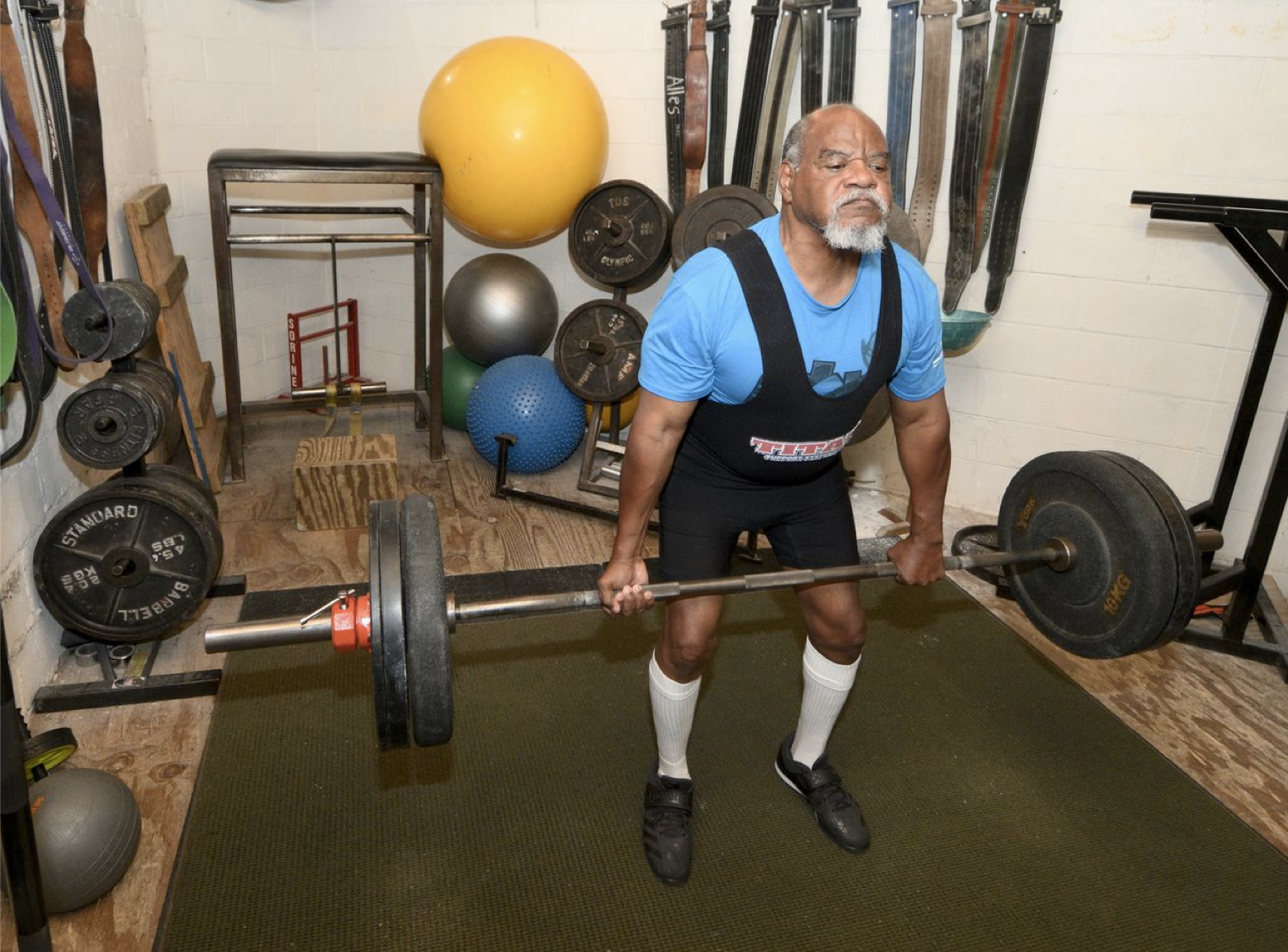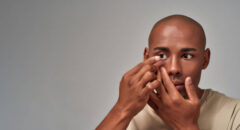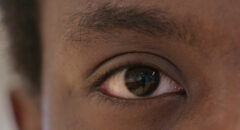
As a matter of fact, King has worked up to 285-pound squats, 319 pounds on the bench press and a 451-pound deadlift.
So yes, King can still do all of that, but he does it without being able to see.
In 2012, he set three world records at the United States Association of Blind Athletes for squatting with 264 pounds, bench pressing 281 pounds and deadlifting 407 pounds.
The Army veteran lost his sight when he was 39. When he first got diagnosed with hereditary acute glaucoma, the diagnosis that took his sight, it initially sent him into a spiral of a deep, dark depression, alcoholism and drug abuse. He left his family to live on the streets, hoping to die there, he admitted.
To say King was skeptical of his own abilities, is an understatement.
He started lifting in the college gym. A gym employee would walk the blind man from machine to machine. Exercise helped relieve the frustration of a new life with a disability.
"I've been blind for 25 years. Just in the last 12 years or so I've come to understand what blindness is as far as being able to navigate and accept it," said King, a post-Vietnam war veteran honorably discharged from the Army for health reasons.
"I call it maturing into the disability."
It took King six months to perfect his squat form using a light broom handle before he could graduate to a weighted bar.
King now works out at three gyms, three days a week, taking multiple buses just to... get his lift on.
It's no surprise that King is a fighter. He was diagnosed with prostate cancer in 2005 and beat that. He graduated from community college with an associate's degree in social gerontology and a certificate in mental health services weeks after his cancer surgery.
Glaucoma occurs about five times more often in African Americans. Blindness from glaucoma is about six times more common. In addition to this higher frequency, glaucoma often occurs earlier in life in African Americans — on average, about 10 years earlier than in other ethnic populations.
"Everybody has to be passionate about something in life to keep them going," he said "I'm going to have fun."








